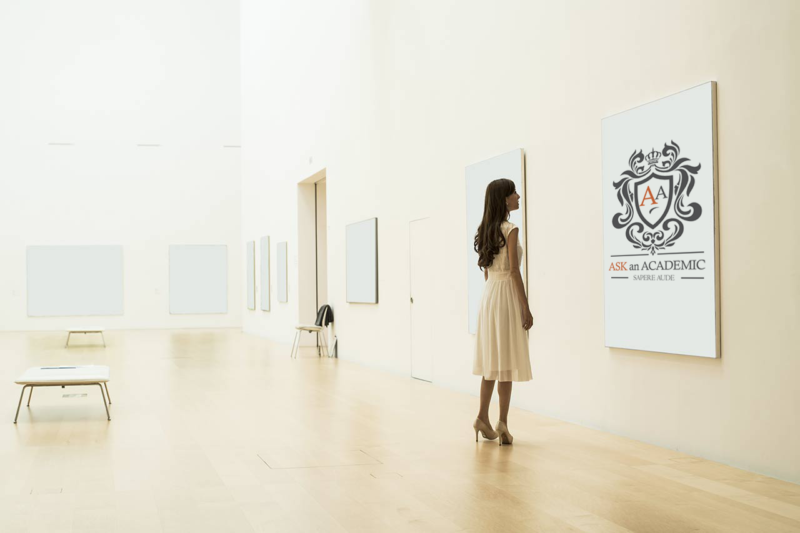The Literary Canon
An explanation of the Western literary canon including some of the developments and debates around it
Question
What is the literary canon?
Answer
In literary studies, the concept of the canon usually refers to a collection of texts thought to be the most important, and associated attempts to create and characterise such a list – for English Literature courses the focus of this will be on Western texts, specifically those which are thought to be crucial in influencing and representing the development of Western literature, Western culture and humanist values in general. Such efforts have often been undertaken by key academics and authorities in the discipline – for example Harold Bloom in his 1994 book The Western Canon: The Books and School of the Ages. While the history of canonisation in this field has been notably conservative, changes in society, shifting values and the influence of radical ideologies have resulted in some canonical expansions – for example to include more texts by female writers, and those by marginalised races and ethnicities. There have even been arguments for dissolving the notion of a canon altogether, on the grounds that this sets up false ‘grand narratives’ of the world, humanity and reality, and ultimately privileges Western views – with associated racism, sexism, classism and monomania – above all others.
